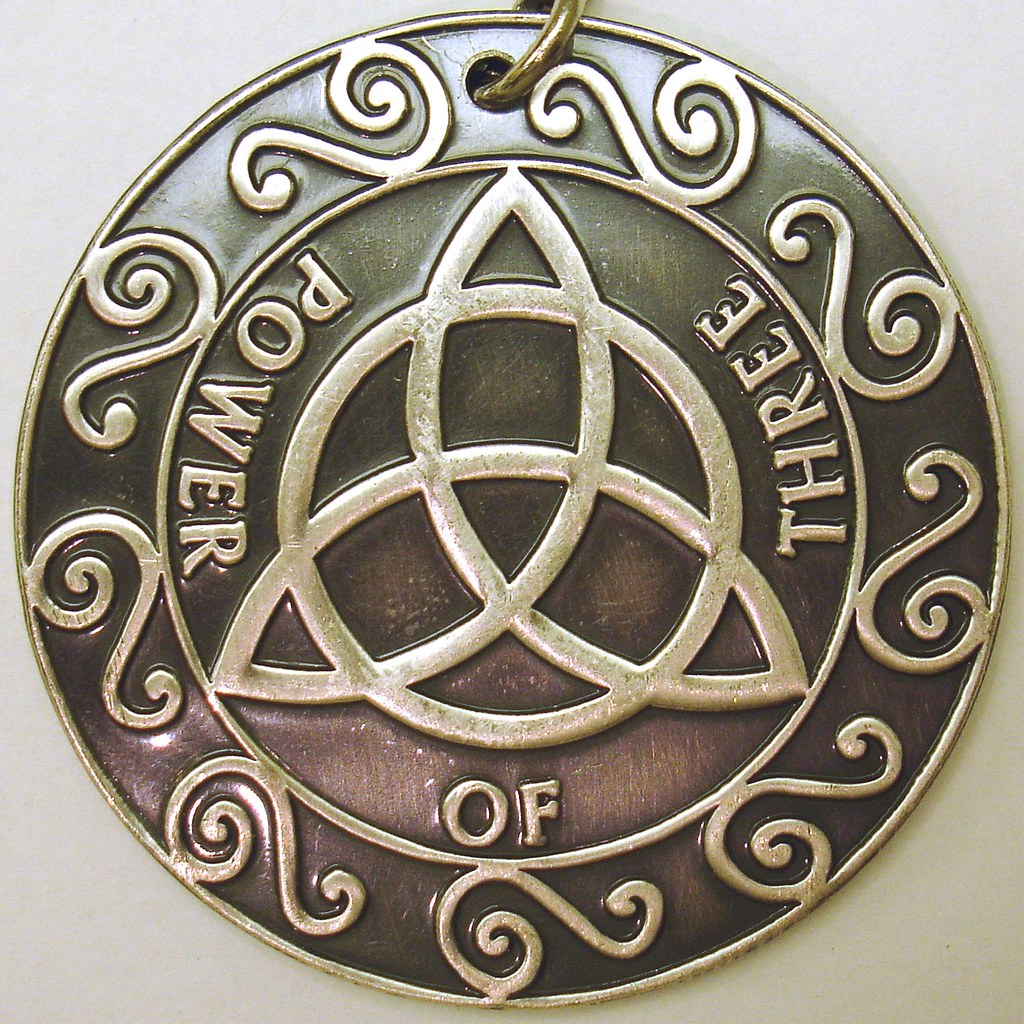Is a tripod a beacon of excellence and innovation? It is said that the tripod approach provides ideas for designing new products, but for most of us a tripod promotes instability. Tripod reflects '3' in numbers, and the three is the cause for uncertainty. Rarely if ever are three friends.
For some reasons, the number '3' is not welcome in social life. Teen Tigada Kaam Bigaada is a popular phrase, which means ‘3’ is the cause for ominous disturbances. People avoid mingling with this number in multiple scenarios, as number three is considered as portent.
Is everything wrong with ‘three’? Three has more to it than we have understood. It is said that the first time you share tea, you are a stranger. The second time you share tea, you are an honored guest. The third time you share a cup of tea, you become family.
Should it not make us rethink on '3'?
In religion and in science, ‘3’ is a formidable number. If trinity of three gods is a reflection of the divine, the atom with three fundamental particles is the essence of life. Come to think of it, it is the ‘three’ that strikes a distinct balance between ‘creation’, ‘maintenance’, and ‘destruction’.
One may need to contemplate a bit to get a sense of it. A car is a moving example of how ‘three’ plays a critical role in mobility, with a balance between ‘speed’, ‘brake’, and ‘acceleration’. Imagine, the chaos if there was no gravity to promote deceleration. The analogy of a car reflects how most of us have lost control on our lives.
Finally, we must realize that mind, body and spirit are indeed the tripod of being.
We can draw philosophical reason by applying the tri-logic at various stages of life. Applying this parable may lead us to appreciate the need for striking a balance between the ‘three’. Trouble is that ‘deprivation’ guides our decisions regarding access to ‘materials’, ‘assets’, and ‘situations’. Balancing act between the ‘three’ is critical for making a sense of meaningful life.

.jpg)